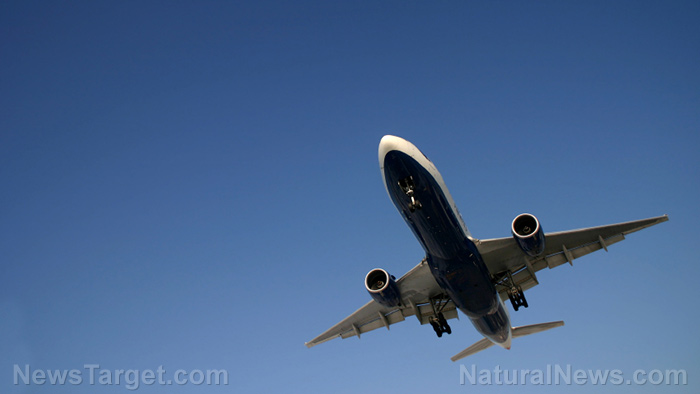
The charges were brought against Mark Forkner, who served as Boeing’s chief technical pilot throughout the jet's certification process. The 49-year-old is accused of deceiving the FAA in 2016 and 2017 with the aim of saving the plane maker tens of millions of dollars. These are just the first criminal charges to be filed against an individual in the investigation into what caused the pair of accidents that killed 346 people and caused Boeing’s best-selling plane to be grounded for 20 months. The fiasco cost the company more than $20 billion.
In a statement, acting U.S. Attorney for the Northern District of Texas Chad Meacham said: "In an attempt to save Boeing money, Forkner allegedly withheld critical information from regulators."
"His callous choice to mislead the FAA hampered the agency's ability to protect the flying public and left pilots in the lurch, lacking information about certain 737 MAX flight controls. The Department of Justice will not tolerate fraud -- especially in industries where the stakes are so high."
Forkner's attorney believes that Boeing has made his client the scapegoat for the tragedy and said that if the government takes the case to trial, they will discover that he is not to blame.
According to the indictment, Forkner's deceit is largely related to the operating parameters of a safety feature on the planes known as the Maneuvering Characteristics Augmentation System, or MCAS. This feature is designed to stop planes from climbing too quickly and stalling. When a steep climb is detected, MCAS forces the nose of the jet downward. However, in the two fatal crashes, it was found to have forced the nose of the plane downward while the plane was not climbing.
The indictment alleges that Forkner deceived the FAA with information about the system that was incomplete, inaccurate and false. The idea was allegedly to convince the FAA that pilots who had already been trained on earlier versions of the 737 would be able to pilot the Max without undergoing additional training, which was one of Boeing’s big selling points when it sold the plane to airlines.
They allege that Forkner discovered information about a crucial change to MCAS in 2016 but did not pass the information along to the FAA. This means that Boeing’s airline customers in the U.S. were not given vital information when buying the planes.
Hundreds of lives lost
The FAA started investigating the MCAS system following a Lion Air crash in which all 189 people on board a Boeing 737 Max were killed 13 minutes after the plane's departure in 2018. The agency learned that the MCAS had been operating on the flight at the time the crash occurred and that important information about the system had been withheld.
A year later, 157 people perished when an Ethiopian Airlines 737 Max crashed right after takeoff. Again, the MCAS had been operating in the moments leading up to the crash. Following this incident, all of the Boeing 737 Max planes in the U.S. were grounded.
Earlier this year, Boeing agreed to pay the Department of Justice $2.5 billion and admitted that their employees had misled regulators about the aircraft's safety. The settlement included money to be paid to the families of crash victims and airline customers as well as a fine.
Sadly, this is just one of many examples of corporations putting profits over people’s lives. These tragic crashes could well have been prevented if everyone at Boeing had been more forthcoming about the plane’s features. It seems unlikely that Forkner was acting alone in this deceit, and it’s tragic that so many people had to pay for this greed with their lives.
Sources for this article include:
Please contact us for more information.























